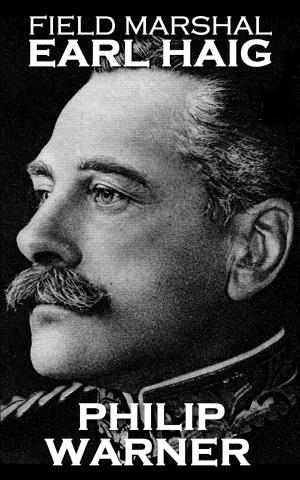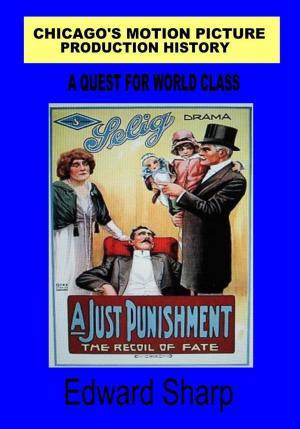| Author: | Phillip Warner | ISBN: | 9781859595190 |
| Publisher: | Class Publishing | Publication: | December 15, 2009 |
| Imprint: | Class Warfare | Language: | English |
| Author: | Phillip Warner |
| ISBN: | 9781859595190 |
| Publisher: | Class Publishing |
| Publication: | December 15, 2009 |
| Imprint: | Class Warfare |
| Language: | English |
The story of the achievements of the Empire pioneers has been obscured in recent years by the attention given to continual changes in emergent countries. But the origins of the British Empire, the motives, determination and sheer courage of the early settlers, is a story of which any nation would be proud. Many of the settlements started off peacefully, but troubles usually followed soon enough. There was fighting with other nations similarly bent on colonial expansion - such as the French in India and Canada; some of the settlers who had left England because of religious persecution proved to be equally intolerant once they had become established overseas, and inevitably there were disputes over trading concessions. There were also constant battles both against diseases - and battle is not entirely a misnomer for this - and against warlike peoples such as the Mahrattas and the Ashantis, professional fighting men who wished to carry on fighting and did not welcome British attempts to instil law and order. If the Pax Britannica was to remain something more than a pipe dream, it had to be backed up by force of arms. The driving force behind the growth of the British Empire was also varied in essence - it stemmed from the urge to explore, from commercial advantage, a desire for religious freedom, missionary zeal and often from a genuine desire to better the native population - an oddly paternal streak which revealed itself in many of the British soldiers who had been sent out to the colonies in a more strictly military role. Ironically, this very benevolence often itself led to trouble but was also later acknowledged with lasting affection. It is not merely the famous historical figures but a host of people with no special qualities or advantages who built the British empire. This book describes many of the achievements of that vast and almost unknown civilian army which went out, faced or conquered dangers and problems which in their day were as bizarre as space exploration seems at the present time.
The story of the achievements of the Empire pioneers has been obscured in recent years by the attention given to continual changes in emergent countries. But the origins of the British Empire, the motives, determination and sheer courage of the early settlers, is a story of which any nation would be proud. Many of the settlements started off peacefully, but troubles usually followed soon enough. There was fighting with other nations similarly bent on colonial expansion - such as the French in India and Canada; some of the settlers who had left England because of religious persecution proved to be equally intolerant once they had become established overseas, and inevitably there were disputes over trading concessions. There were also constant battles both against diseases - and battle is not entirely a misnomer for this - and against warlike peoples such as the Mahrattas and the Ashantis, professional fighting men who wished to carry on fighting and did not welcome British attempts to instil law and order. If the Pax Britannica was to remain something more than a pipe dream, it had to be backed up by force of arms. The driving force behind the growth of the British Empire was also varied in essence - it stemmed from the urge to explore, from commercial advantage, a desire for religious freedom, missionary zeal and often from a genuine desire to better the native population - an oddly paternal streak which revealed itself in many of the British soldiers who had been sent out to the colonies in a more strictly military role. Ironically, this very benevolence often itself led to trouble but was also later acknowledged with lasting affection. It is not merely the famous historical figures but a host of people with no special qualities or advantages who built the British empire. This book describes many of the achievements of that vast and almost unknown civilian army which went out, faced or conquered dangers and problems which in their day were as bizarre as space exploration seems at the present time.















